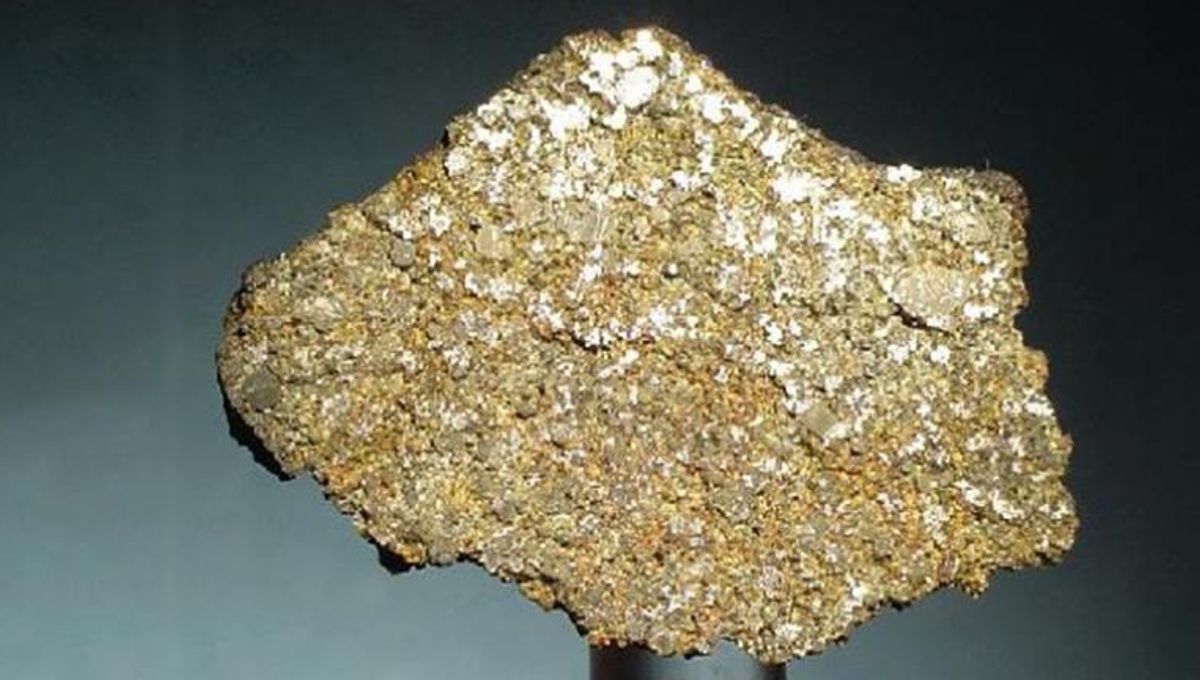
Rare earth metals are set to take center stage in the “green revolution” as they provide high-performance magnets used in renewable infrastructure like wind turbines, high-tech appliances, and electric cars. However, getting our hands on these much-sought-after materials is not always easy. Fortunately, there might be a solution in the form of a mysterious metal usually cooked up in space.
Despite their name, rare earth metals are not exactly rare, but they’re scattered across Earth’s crust in relatively low concentrations. Mining can, therefore, be tricky and entail its own environmental hazards.
As it stands, China dominates the market, accounting for around 81 percent of rare earths sourced worldwide in 2017. They have already weighed up a possible export ban for rare earth metals in response to geopolitical tensions with the US, meaning the future of their supply to some regions is uncertain.
The US and other parts of the world are looking to compete. For instance, California has the Mountain Pass mine, the only rare earth mining and processing facility in the US. Nevertheless, there’s mounting interest in alternative options.
“Rare earth deposits exist elsewhere, but the mining operations are highly disruptive: you have to extract a huge amount of material to get a small volume of rare earths. Between the environmental impacts, and the heavy reliance on China, there’s been an urgent search for alternative materials that do not require rare earths,” Professor Lindsay Greer, from Cambridge University’s Department of Materials Science & Metallurgy, said in a statement in October 2022.
Back in 2022, Professor Greer and her team stumbled across a possible answer: tetrataenite, an iron-nickel alloy that contains many of the magnetic properties found in rare earth metals.
Until recently, there was a major hurdle in utilizing this cosmic mineral. Tetrataenite is found in meteorites that have fallen from space. Its properties are owed to an atomic structure that forms over millions of years as a meteorite slowly cools – not exactly the quick-and-easy mineral that could save the day.
In the 1960s, scientists were able to create artificial tetrataenite by blasting iron-nickel alloys with neutrons, but this technique is complex and costly, not suitable for mass production.
Then, in 2022, a breakthrough occurred. Scientists at the University of Cambridge led by Professor Greer found a remarkably simple way to mass-produce tetrataenite.
They were working with iron-nickel alloys and found that phosphorus, an element also found in meteorites, helps the iron and nickel atoms to move faster. This allows the atoms to form into this complex ordered stack without waiting for millions of years. According to their study, the right combination of iron, nickel, and phosphorus ramped up the formation of tetrataenite by between 11 and 15 orders of magnitude.
“What was so astonishing was that no special treatment was needed: we just melted the alloy, poured it into a mould, and we had tetrataenite,” said Greer. “The previous view in the field was that you couldn’t get tetrataenite unless you did something extreme, because otherwise, you’d have to wait millions of years for it to form. This result represents a total change in how we think about this material.”
There are still questions over whether this process could be used to make tetrataenite with the same magnetic qualities needed for renewable infrastructure development. However, this chance discovery does suggest that solutions can often arise from out of the blue.
[H/T: Popular Mechanics]
Source Link: A Mysterious Cosmic Metal May Solve The Rare Earths Crisis